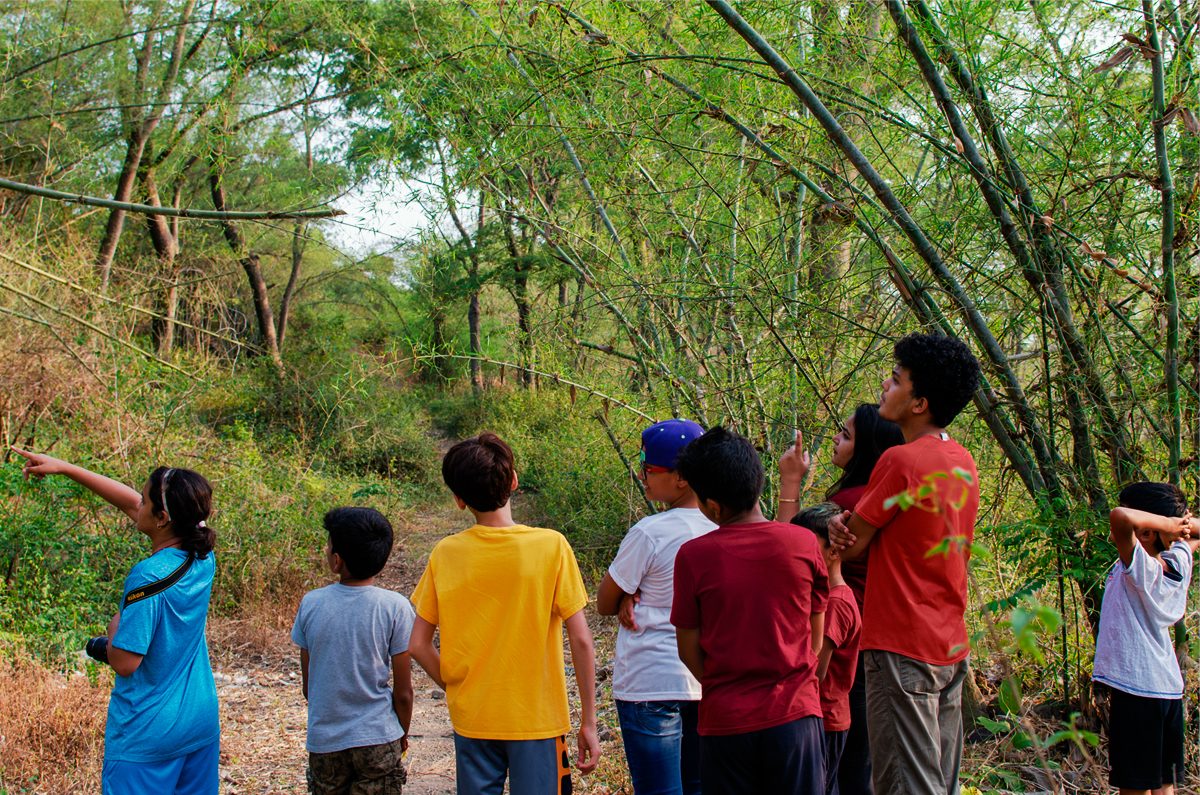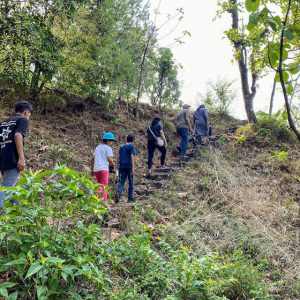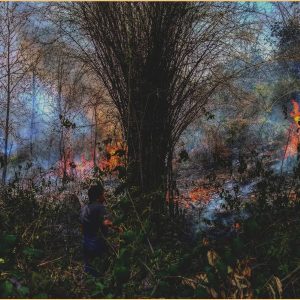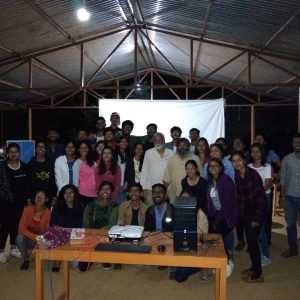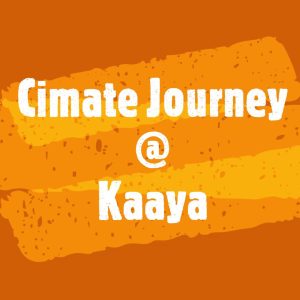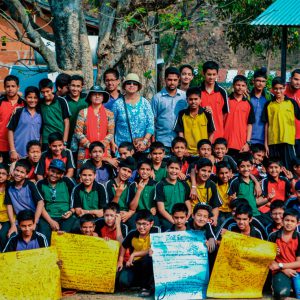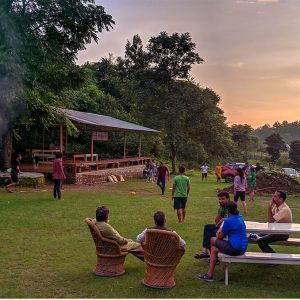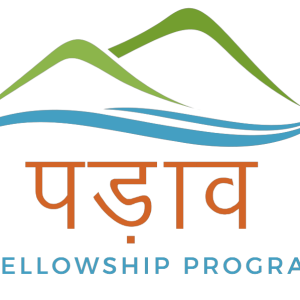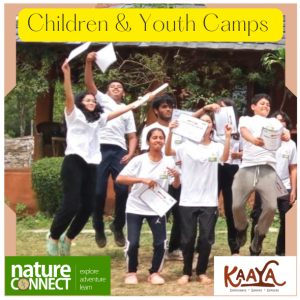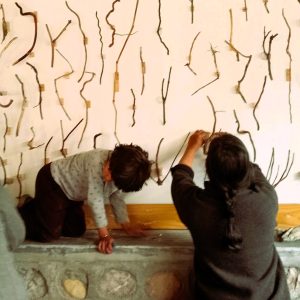Kaaya Learning Centre runs a Kaaya Eco School that offers a structured, wholesome, and ecological approach to outdoor, rural experiential learning. The Kaaya Eco School complements traditional educational opportunities provided in school environments by engaging students through a variety of hands-on learning experiences and interactions in a wooded/natural environment.
The concept
Eco Schools focus on creating a learning space to affect a genuine, experience-based relationship with nature that encourages and enhances student’s life skills. Life skills, whether formal or informal, are not learnt in a vacuum; and the adaptive and positive behaviours that these skills trigger are greatly influenced by the environment in which individuals live, learn, and act.
We strive to build this eco-system based life skills component in the student’s growth trajectory at the Kaaya Eco School. The School, located in natural setting in village Tilwari, offers a combination of short-term and long-term programs for exploring and appreciating nature, rural life, and its regenerative processes to the group of students from renowned Schools from India and abroad.
Approach
By design and intent, Kaaya is a dynamic place – always changing, growing, and learning. we as facilitators consider three aspects outlined below to structure various programs that we undertake.

Type of available programs
Kaaya Eco School offers following programs to school and college students
Level A: Curriculum linked outdoor learning camps for school children (duration: 1-5 days)
- School children experience varied hands-on, process-oriented journeys by completing three learning modules on Agriculture (seed journey), rural life (milk journey), Forest & water (soil journey) in real village settings.
Level B: Project-based community service work (Duration: 1 week to 5 weeks)
- Students are asked to narrow down to their topic of interest and work in teams on projects that involve real time planning and execution towards solving a local problem.
Level C: Independent “live projects”, internship, and dissertation (Duration: Up to 6 months) The students are assigned a “live project”, which involves integrating the lessons from his/her respective subjects of study and its application in resolving practical real-life problems and projects
Broad Topics covered in programs
Climate change, Conservation, and Sustainable Practices; Agriculture, Dairy, and Cooperative ; Artisans, Handicrafts, and Handlooms; Social Entrepreneurship and Rural Micro-enterprises

Cross-cutting Skills Learnt Across all Levels
- Self-awareness
- Critical thinking
- Creative thinking
- Effective communication Interpersonal relationships Managing emotions
- Coping with stress
- Feeling and showing empathy
- Decision making
- Problem solving
Campus location
Bird eye view

